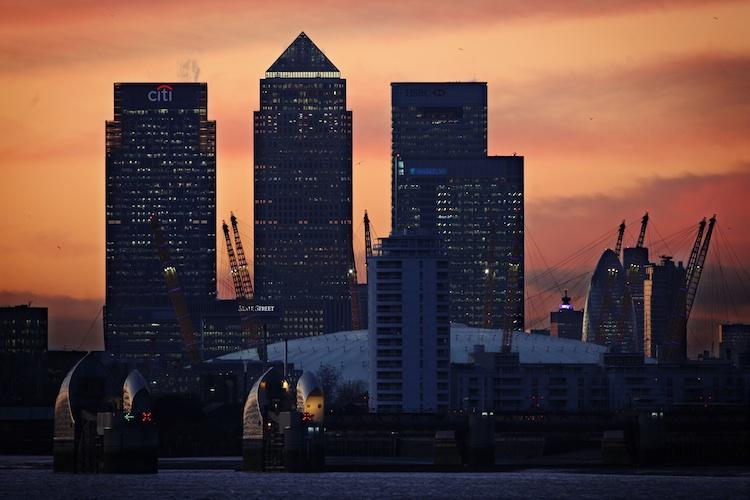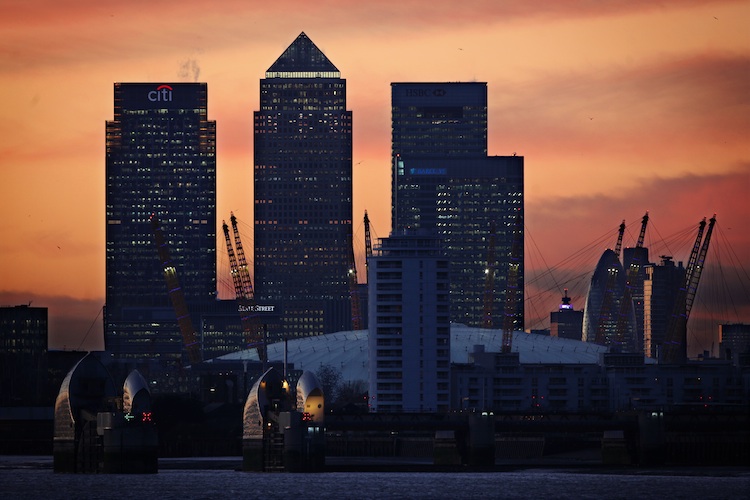The country will avoid a double-dip recession, but the government needs to “pull out all the stops” to increase growth, the British Chambers of Commerce (BCC) said on Monday.
The BCC raised doubts about the effectiveness of the “quantitative easing” as a boost to growth, saying it did not expect to see any further expansion of the programme, which in essence prints money and puts it into the economy.
Instead, the BCC said the Chancellor should stimulate the economy by reinvesting the money saved from lower-than-expected public borrowing levels in various measures to stimulate economic growth.
John Longworth, director general of the BCC, said in a statement: “Real de-regulation, a simply easy-to-use planning system, improving the flow of credit to firms, and improving our lacklustre infrastructure and skills system – these are the measures businesses want to see from a government confident enough to take radical measures to squeeze every last drop of growth out of the UK economy.”
David Kern, chief economist at the BCC, said the UK had earned “considerable credibility” as a result of the “forceful fiscal policies” of the Tory-led coalition government. “With public sector borrowing likely to undershoot the OBR [Office for Budget Responsibility] forecast by approximately £8 billion, a fiscal stimulus totalling some £4 billion would be consistent with maintaining strong UK market credibility and would not endanger our AAA credit rating. The critical priority is to sustain growth while cutting the deficit,” he said in a statement.
The BCC said the economy was likely to be hit by an extra public holiday for the Queen’s Diamond Jubilee celebrations in the first half before the recovery gathers pace later in 2012.
The assessment from the BCC came as the Halifax building society published data showing house prices have weakened slightly.
Martin Ellis, housing economist at the Halifax, said in a statement: “Overall, prices nationally are at broadly the same level as last spring. This stability in prices is explained by the fact that market conditions have changed very little over this period with demand supported by low interest rates and supply remaining tight.”
According to the Halifax figures, house prices in February were 1.1 per cent lower than in the previous three months. Prices had risen by 0.5 per cent in January, only to drop again by 0.6 per cent in February. Prices have dropped 1.9 per cent since this time last year, according to the Halifax data.
“Many of the economic statistics released in recent weeks have also been encouraging, suggesting that the UK may avoid slipping back into recession,” Ellis said. “These developments are positive for the housing market outlook. Significant uncertainties, however, persist and the prospects for house prices during 2012 will, to a large extent, depend on events in the eurozone and the potential knock-on effects on the UK.”
On Tuesday, the British Retail Consortium (BRC) said that a revival in the retail sector remained “illusory”.
Retail sales values were down 0.3 per cent compared to February last year. According the BRC, total sales were up 2.3 per cent, compared to 1.1 per cent last year.
But Stephen Robertson, director general of the BRC, still characterised retail sales as weak and said that the increases in sales needed to be put in the context of inflation. “The reality of weak sales shows that a convincing revival remains illusory,” he said in a statement.
“Falling inflation has eased the squeeze on household finances and halted the slide in consumer confidence but that’s at risk from fuel price rises and Budget uncertainty. Any sense of improving optimism is not yet translating into more spending.
“Total sales growth is still below inflation, so overall customers are actually buying less than a year ago, while discounts are eating into margins. Food picked up but non-food sales deteriorated with goods affected by the slow housing market among those particularly struggling.”
Helen Dickinson, head of retail at KPMG, said that shoppers were holding back unless enticed with promotions, thus reducing profit margins.
“Many retailers feel they’re fighting very hard just to stand still at best and don’t see any light at the end of the tunnel,” she said in a statement.







